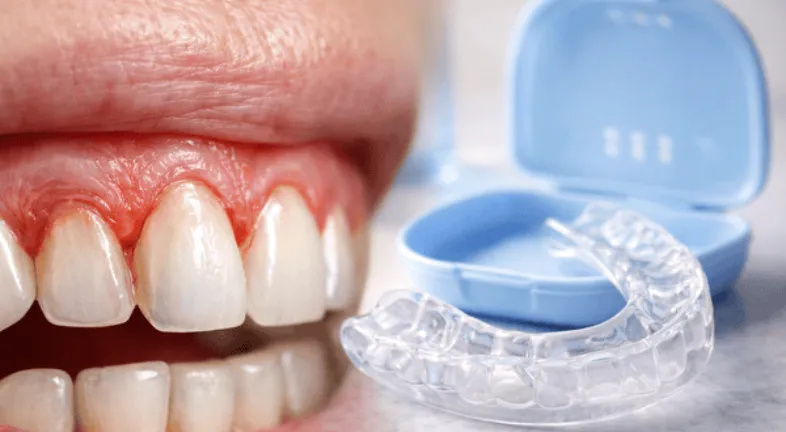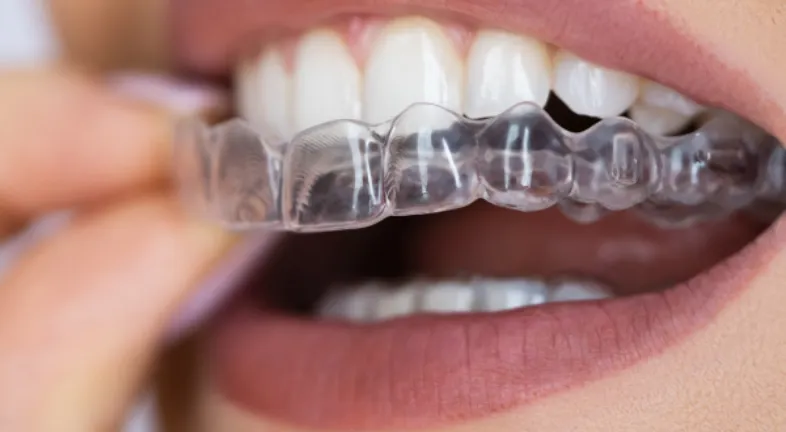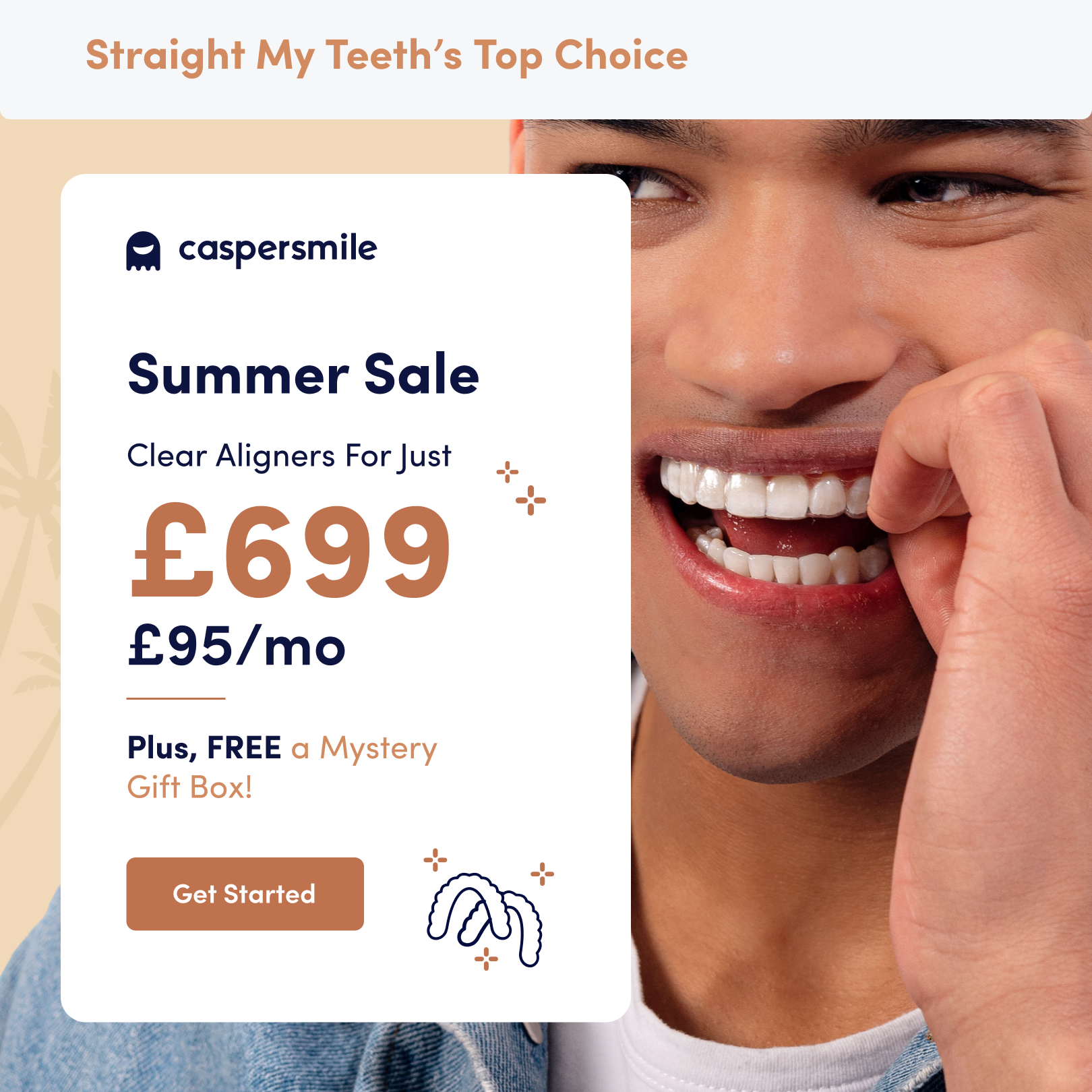
Table of Content
Your teeth may be the hardest part of your body, but they can still experience damage. You are probably used to frequently using them for things you don’t think twice about, most of which are not good. You might not know that some of those habits are bad for you, so here are six of them that you should stop as soon as possible. Hopefully, if you’re successful, you might have a few good teeth left by the time you turn fifty.
The whole point of brushing is to keep the teeth in top-notch shape to do what they are meant to do, eating and chewing. But there is a wrong way to do it, that will cause more harm than good. Excessive brushing, for example, is not a good idea since it can make your teeth more sensitive than they should be. Using a brush with soft bristles in addition to your fluoride toothpaste is good enough to cleanse your mouth.
Apart from brushing, you can pick up other healthy cleansing habits such as flossing. Doing it once a day is enough to remove food particles that your bristles cannot reach. Also, avoid brushing your teeth immediately after eating. That’s because you run the risk of destroying your teeth by adding more acid. Wait for about 30 minutes for your saliva to naturally mineralize your mouth before going in.
Even the toughest things have vulnerabilities and for your teeth, hard objects are a risk. They might not completely break the tooth, but you might experience a little chipping. It can become satisfying to chomp down on those crunchy textures since you don’t see the effects immediately. With time, however, your teeth will become fractured and weak. So slow down on the ice, popcorn kernels and seeds that look and taste delicious.
Now this one needs to be announced with a megaphone because a lot of people can relate. Do you remember the last time you opened a bottle of soft drink with your teeth? If you do, then take a seat and carefully read this. Please don’t do it again! Your teeth are meant for chewing and eating, and that’s it. Otherwise, there wouldn’t be any bottle openers, scissors, knives etc. Yes, it might be convenient, but the long-term effects are not pretty. Not only will you hurt your teeth, but your gums may also suffer, and you’ll need more trips to the dentist than necessary.
Your sweet tooth can easily take you one step closer to many oral problems if you don’t put a limit on how much sugar you consume. Candy, soda, and other sweet snacks are not good for your teeth, especially in excess. The fact is that it is irresistible and almost impossible to cut out sugar from your diet. But moderation is possible so start by gradually cutting your intake of some of these things if you can.
You might realize that you are consuming some things out of impulse or habit so start with those. Then gradually replace them with healthier options like water. You can also decide to clean your teeth after taking sticky candy, for example, which can sit in your teeth and become a breeding ground for bacteria.
Your hands, frequently touching various surfaces, can harbour unseen bacteria and microorganisms, making them one of the body’s dirtiest parts. Therefore, putting them in your mouth is less appealing when you consider the potential risks. Dirt trapped under your nails isn’t tooth-friendly and could lead to dental issues, such as infections or irritations in your teeth and gums. Moreover, nail biting can cause teeth to shift, affecting your appearance and increasing the risk of cavities.
Apart from nail-biting, another thing that people use to cope when they are nervous is teeth grinding or clenching. Some even go the extra mile to bite the inside of their cheeks or lips. While the act can be unconscious for some, all of it is bad for your teeth, and so you’ll have to make a conscious effort to put a stop to it. You’re likely to wear off your enamel when you grind your teeth, and you’re also injuring your jaw by biting your cheeks and lips. This might lead to gum disease and headaches, and you might need to be examined by a doctor.
Curated the best for your knowledge
.webp) Cavities: Why Cleaning Your Essix Retainer Is Important
Cavities: Why Cleaning Your Essix Retainer Is ImportantCavities do not usually start with pain; they begin quietly. A thin film of plaque forms, bacteria settle in, and before you realize it, enamel has started to weaken. The risk of cavities often increases when you wear oral appliances like Essix retainers. However, the retainer itself is not the issue; improper maintenance and neglecting cleaning are the main culprits. If you have invested in orthodontic treatment, whether traditional braces or clear aligners, your retainer is what protects that investment. But an unclean one just makes matters worse. So, let’s walk through this guide to understand why cleaning your Essix retainer is important.
Read More Can Mouthguards Cause Gum Recession
Can Mouthguards Cause Gum RecessionMouthguards are usually seen as the “good guys” of dental care. They protect teeth from grinding, cushion heavy bites, and help prevent long-term damage. So when someone notices sore or receding gums while wearing one, confusion sets in fast. Can mouthguards cause gum recession, or is something else going on? The honest answer isn’t a simple yes or no. Gum recession almost never has one single cause. It’s usually the result of pressure, inflammation, habits, and time all working together. Mouthguards can sometimes contribute to irritation, but in many cases, they’re actually helping prevent worse damage. Understanding the difference matters more than blaming the device.
Read More How to Clean Essix Retainers
How to Clean Essix RetainersIf you wear Essix retainers, commonly known as clear retainers, you already know they are both amazing and annoying. Essix retainers are nearly invisible, lightweight, and comfortable. At the same time, they stain easily, hold onto odors, and can appear questionable if not properly cared for. Cleaning Essix retainers sounds simple. Rinse, brush, done. But if you’ve ever pulled yours out of its case and wondered why it smells off or looks slightly yellow, you already know there’s more to it. In this blog, we will guide you through how to clean Essix retainers properly, what to avoid, how often to clean them, and why they change color over time.
Read MoreQuick Links

Heading